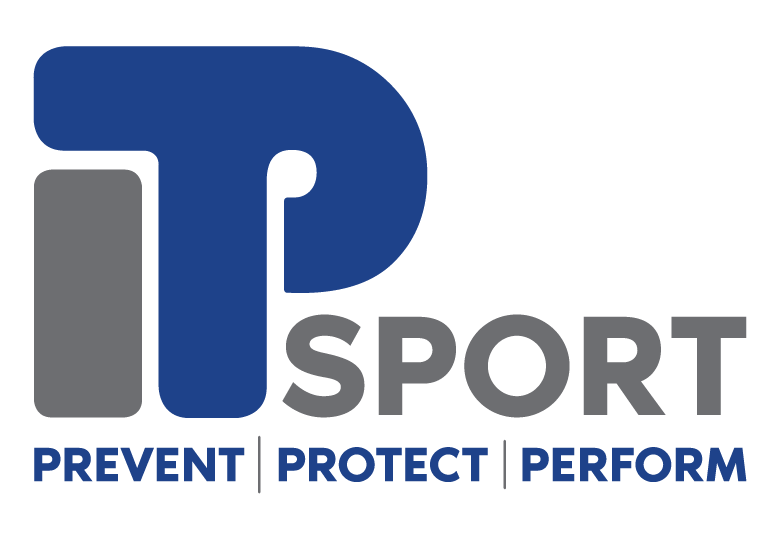- February 28, 2023
- Posted by: ITP Sport Blog
- Category: Complaint Management

In recent years, sports organizations at all levels have experienced a reckoning when it comes to addressing maltreatment in sports. Numerous high-profile cases have shed light on the prevalence of maltreatment, including sexual abuse, harassment, bullying, and other forms of mistreatment. To address this issue, National, Provincial and other sports organizations (“SO”s), including all signatories to the Office of the Sport Integrity Commissioner (“OSIC”), have committed to taking a trauma-informed approach to hearing grievances in sports, in line with the principles in the Universal Code of Conduct to Prevent and Address Maltreatment in Sport (“UCCMS”). However, as this new approach is implemented, it is important to consider several key factors to ensure that the process is fair, effective, and efficient. In particular, three key considerations are essential: experienced investigators, legal counsel, and clear policies regarding triaging and the use of alternative dispute resolution (ADR).
Thorough and Fair Investigation Process
It is important to ensure that experienced investigators are involved in any investigation related to maltreatment in sports. Investigation reports will now form the factual basis underlying any sanction, which means that investigators must be skilled in applying a rigorous process to ensure procedural fairness and a complete, unfettered right to be heard for all parties. This is commonly known as “natural justice.”Natural justice requires that any person who may be adversely affected by a decision has the right to be heard and to have their side of the story considered before a decision is made. This is particularly important in cases of maltreatment, where the potential consequences can be significant, including the loss of a career or reputation. Experienced investigators will have a deep understanding of natural justice and will be able to apply this principle effectively throughout the investigation process.
The Important Role of Legal Counsel
Parties involved in any maltreatment investigation should strongly consider the use of legal counsel. Legal counsel can play a vital role in ensuring that the right evidence is presented to the investigator in an organized and timely way. They can also help parties understand their rights and obligations during the investigation process and ensure that their interests are protected.This is particularly important in cases of maltreatment, where the evidence can be complex and emotionally charged. Counsel experienced in investigations and assessing maltreatment in Safe Sport matters will have a deep understanding of the investigation process, the relevant laws and regulations, and the best strategies for presenting evidence. They can help parties navigate the investigation process with confidence and ensure that their voice is heard.
Effective Triaging Policies
Given the sheer number of complaints being made across various SOs, clear policies regarding triaging and the use of ADR must be made. This is to ensure that finite resources are being used to address matters that clearly rise to the level of maltreatment, while other matters, including microaggressions and interpersonal differences, can be sorted without recourse to a formal complaint mechanism.Effective triaging and ADR policies can help reduce the burden on investigators and ensure that resources are used effectively. By directing complaints to the appropriate channels, organizations can help ensure that investigations are conducted in a timely and efficient manner, while also ensuring that all parties are treated fairly and with respect.
Conclusion
Sports organizations are taking a significant step forward in addressing maltreatment, by committing to a trauma-informed approach to adjudicating complaints in line with the principles in the UCCMS. However, as this new approach is implemented, it is important to ensure that experienced investigators, legal counsel, and clear policies regarding triaging and the use of ADR are in place. By doing so, organizations can help ensure that investigations are conducted fairly, efficiently, and with the best interests of all parties in mind. Ultimately, this will help promote a culture of safety and respect in sports and ensure that athletes and other participants can compete and perform at their best.
